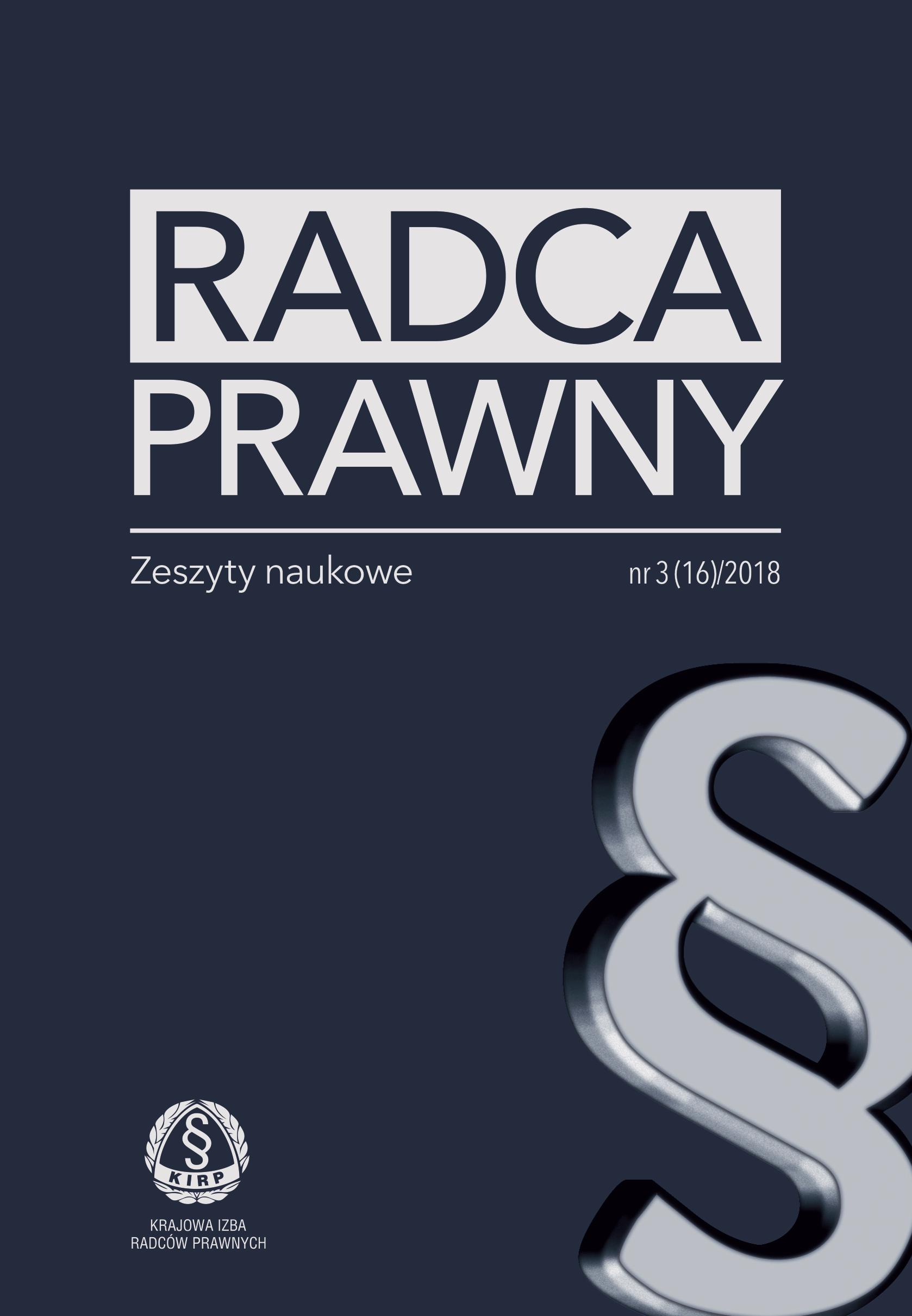Dopuszczalne ograniczenia wolności myśli, sumienia i wyznania w orzecznictwie Europejskiego Trybunału Praw Człowieka – wybrane zagadnienia
Acceptable Restrictions on the Freedom of Thought, Conscience, and Religion in Case-Law of the European Court of Human Rights: Selected Issues
Author(s): Paweł Krawczyk, Jolanta BucińskaSubject(s): Human Rights and Humanitarian Law
Published by: Krajowa Izba Radców Prawnych
Keywords: freedom of thought; conscience and religion; human rights; European Court of Human Rights
Summary/Abstract: Freedom of thought, conscience, and religion is a fundamental human right and, consequently, one of the foundations of democratic society. Initially, said freedom took the form of religious tolerance, i.e. acceptance of different personal beliefs and faith. Presently, it is understood to refer to many spheres of life and has been established under international instruments on human rights protection. It is also the focus of a considerable volume of the European Court of Human Rights’ case-law. This article aims to define the subject and content of this freedom, as well as the scope of acceptable restrictions thereof in light of ECHR case-law. An analysis of the above regulations and case-law based on the formal-dogmatic approach leads to the conclusions that freedom of thought, conscience, and religion applies to all individuals irrespective of their legal status, i.e. nationality, citizenship, race, worldview, gender, age, or other criteria. The freedom has not been limited only to the individual practice of a religion, but also extends to religious activity carried out collectively. The very right to freedom of thought, conscience, and religion may be considered internally and externally. The freedom to manifest a religion or beliefs may be subject to restrictions prescribed by law and necessary in a democratic society in the interests of public safety, for the protection of health or morals, or the rights and freedoms of others. The ECHR plays a crucial role in drawing the boundaries and determining the nature of such restrictions.
Journal: Radca Prawny. Zeszyty Naukowe
- Issue Year: 2018
- Issue No: 3
- Page Range: 29-48
- Page Count: 20
- Language: Polish

